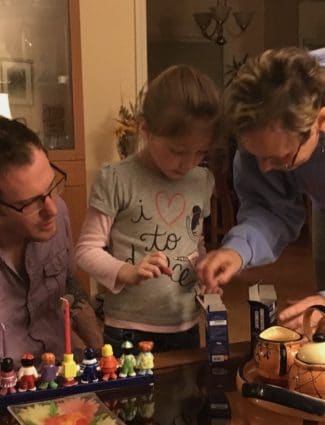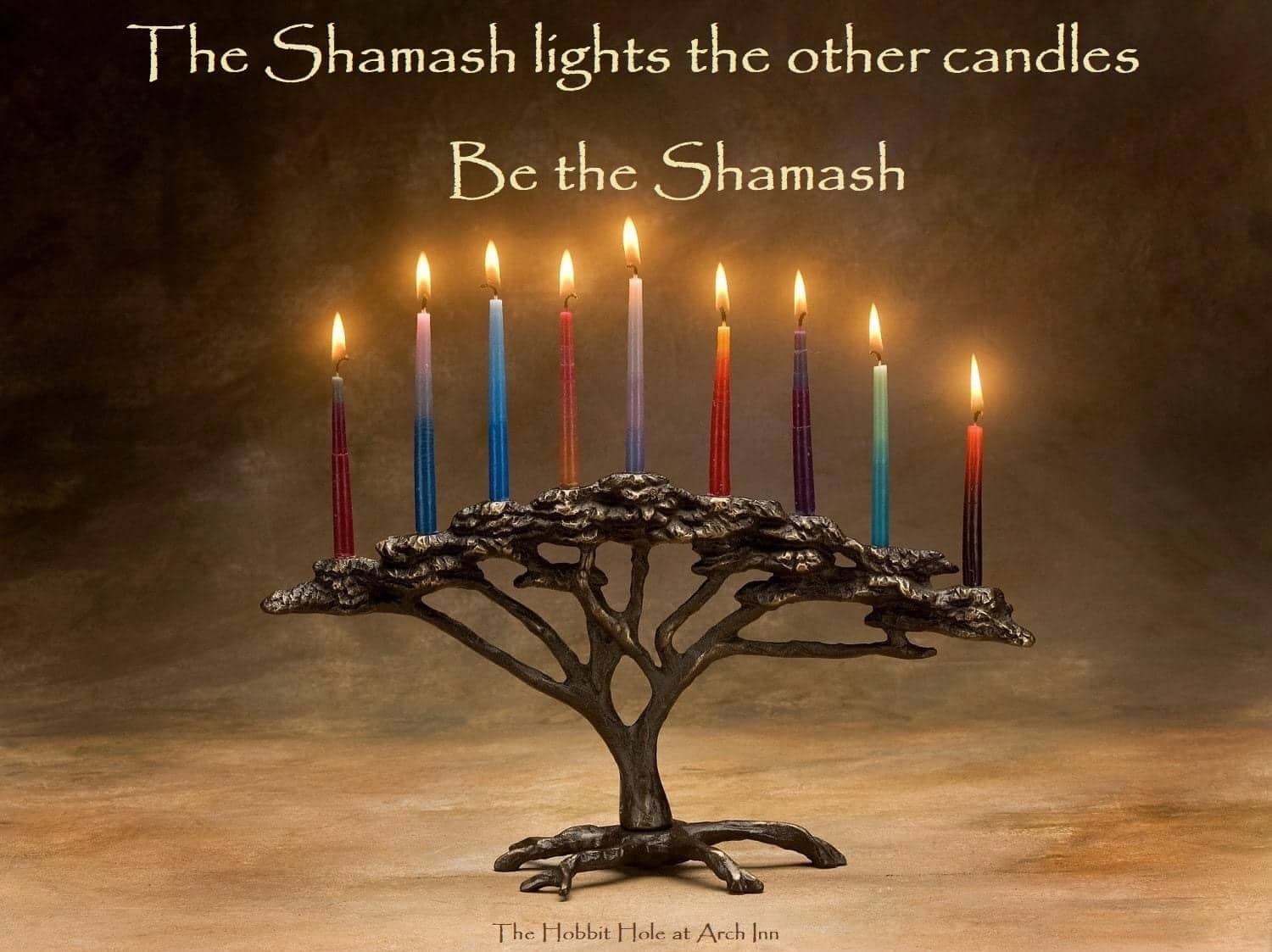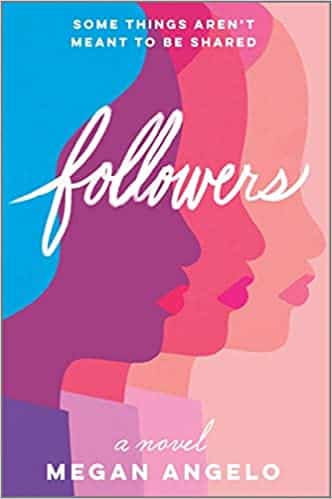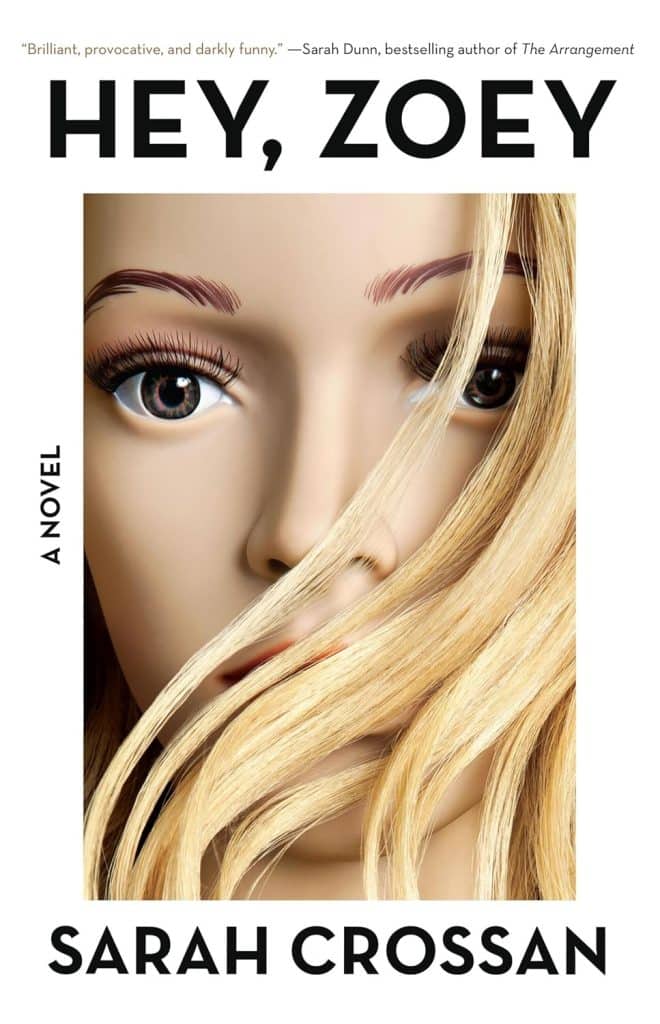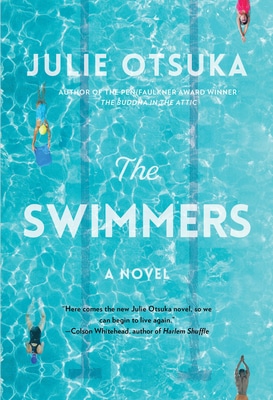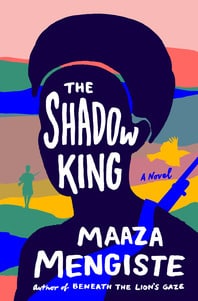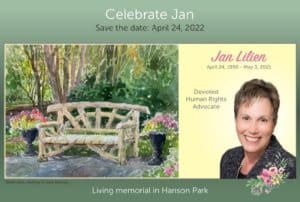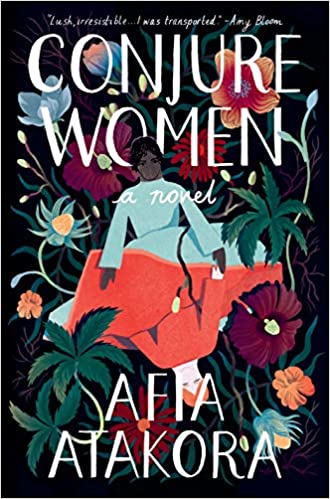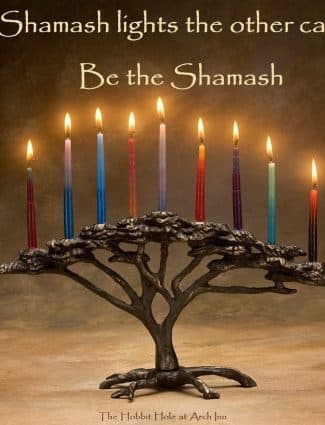
Be the Shamash!
Estimated reading time: 1 minute, 16 seconds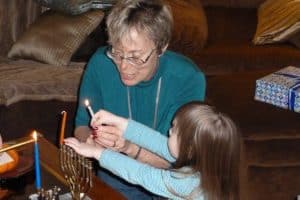 I have lit the Shamas and the first night Chanukah candle for the second year alone!
I have lit the Shamas and the first night Chanukah candle for the second year alone!
Rabbi Renee has challenged members of our congregation to be the Shamash so that our light can make a difference in the light of others.
Last year, I could not have been the light for anyone, as I waited until the last moment, believing I would find the Hanukkah and the candles.
All I found was the battery-operated Hanukkiah. It worked, but the light was not the same.
The flickering translucent light from this year’s Hanukkiah fills my dark home with warmth unobtainable by the tiny light bulbs I used last year.
I installed last year’s plastic hanukkiah in the third-floor window facing Alden Street.
As the light blue candles melt, I am unsure I can be a light for myself, much less for others.
The best I can do is channel Jan’s smile and share her love with family, friends, and others.
May the light of this year’s Chanukah give me the strength to be a light for others by the end of 2023.
The Jan Lilien Education Fund sponsors ongoing sustainability and environmental awareness programs. Gifts made this month; I will match dollar-for-dollar. All donations are tax-deductible.
I receive a commission when you buy a book or product using a link on this page. Thank you for supporting Sharing Jan’s Love blog.


